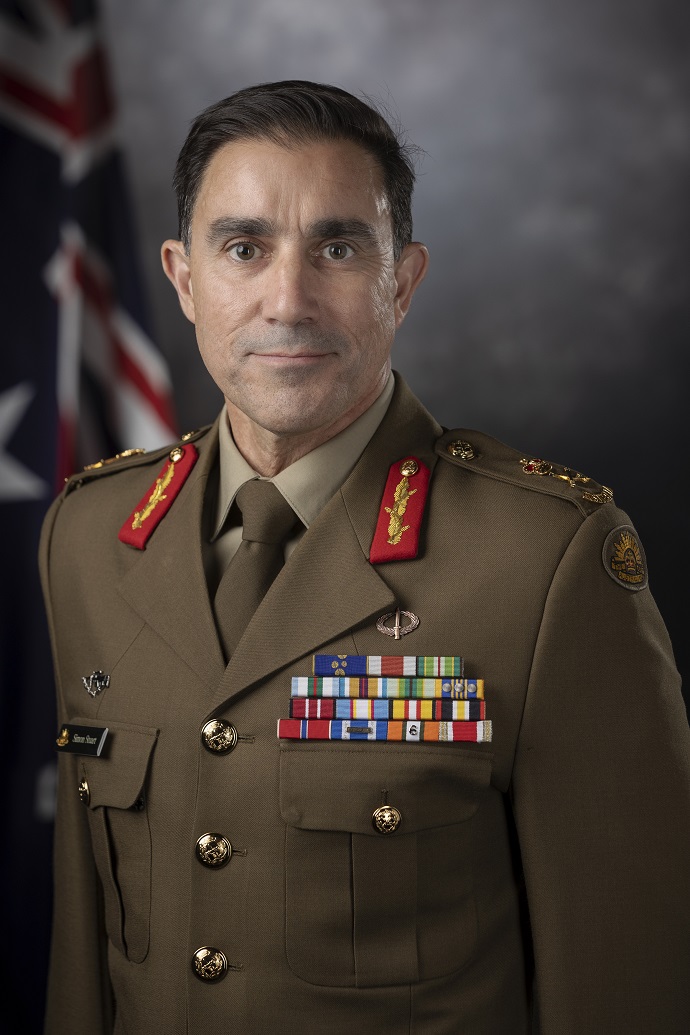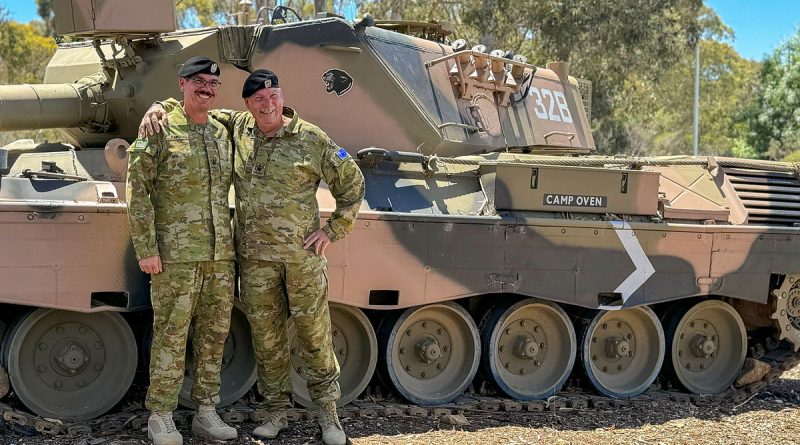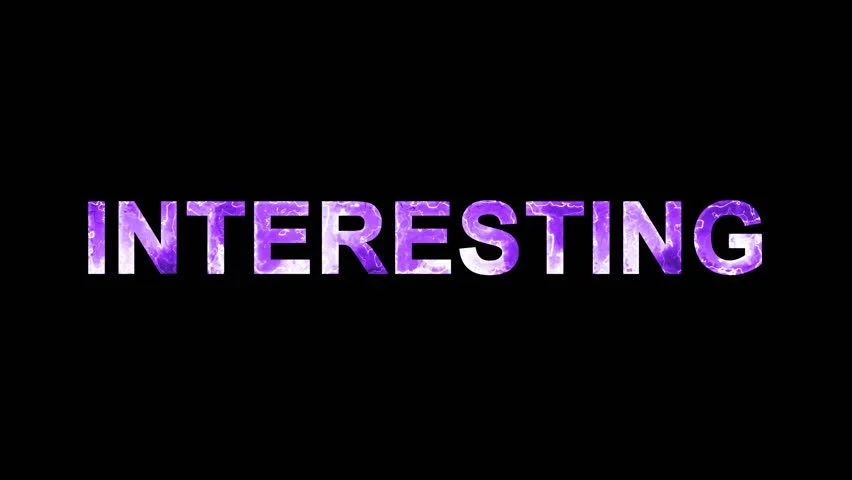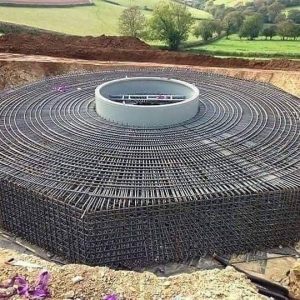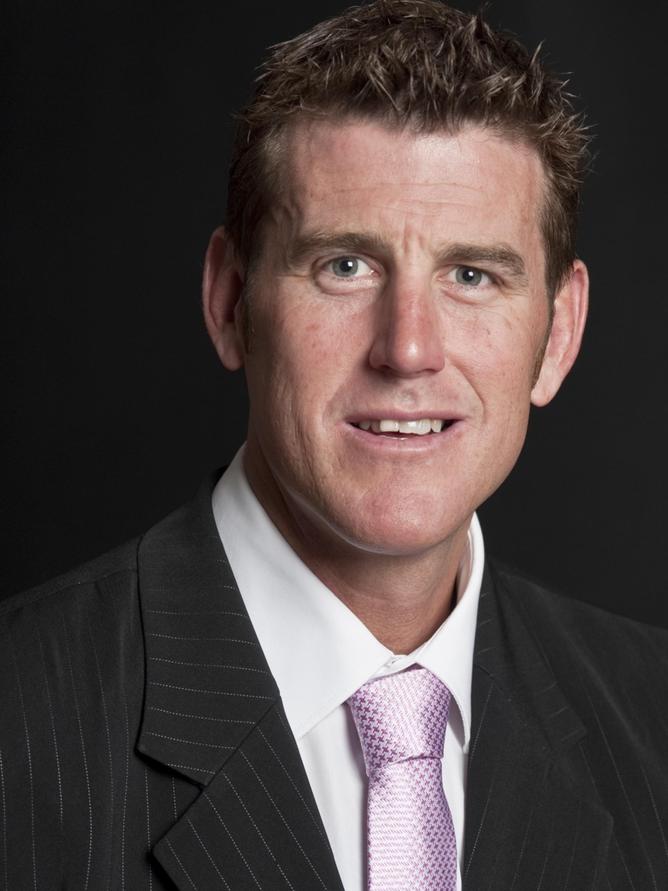Hear from Chief of Army LTGEN Simon Stuart as he shares his start of year message.
Lieutenant General Simon Stuart, AO, DSC
Lieutenant General Stuart assumed command of the Australian Army on 02 July 2022.
Enlisting as a soldier in 1987, Lieutenant General Stuart was commissioned into the Royal Australian Infantry Corps in 1990. He has over thirty five years’ experience across a range of leadership, operations, training and program management appointments in Australia and overseas.
Lieutenant General Stuart’s regimental experience was in the 2nd/4th and 2nd Battalions, Royal Australian Regiment, culminating in command of the 8th/9th Battalion from 2008-10.
He has commanded on operations on five occasions at the company, Joint Task Force, brigade and force levels in East Timor, Afghanistan and Egypt/Israel respectively. His early career included significant training experience, while his staff appointments have largely been in capability development. He has worked in joint, whole of government, international and multi-national environments for most of the past 20 years. Most recently, Lieutenant General Stuart has fulfilled the role of Head of Land Capability in Army Headquarters after a three year deployment in command of the Multinational Force & Observers from 2017-19.
Lieutenant General Stuart is a graduate of the Royal Military College – Duntroon (1990), the United Kingdom’s Joint Services Command and Staff College (2003), the United States Army War College (2015) and the Harvard Business School Advanced Management Program (2022). He holds a Bachelor’s Degree from the University of New England and Masters’ degrees in Project Management (UNSW), Arts – Defence Studies (Kings College, London) and Strategy (US Army War College).
Lieutenant General Stuart’s honours and awards include his appointment as Member of the Order of Australia (2011), the Distinguished Service Cross (2014) and advancement to Officer of the Order of Australia (2020). He has also received a number of foreign awards, including those from the United States, Timor Leste, Columbia, Uruguay, Czech Republic, Japan and Indonesia.
Lieutenant General Stuart and his wife Katy are from Perth, Western Australia. They have two teenage children and a labrador retriever. He is also the patron for the Army Drone Racing Team and a patron for the Army Australian Football League.

